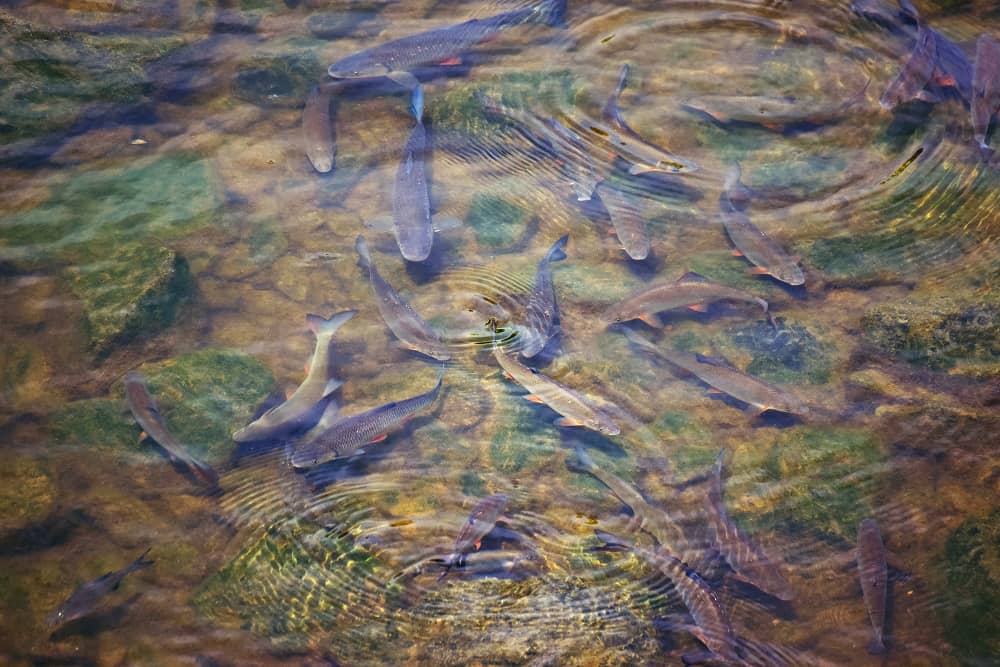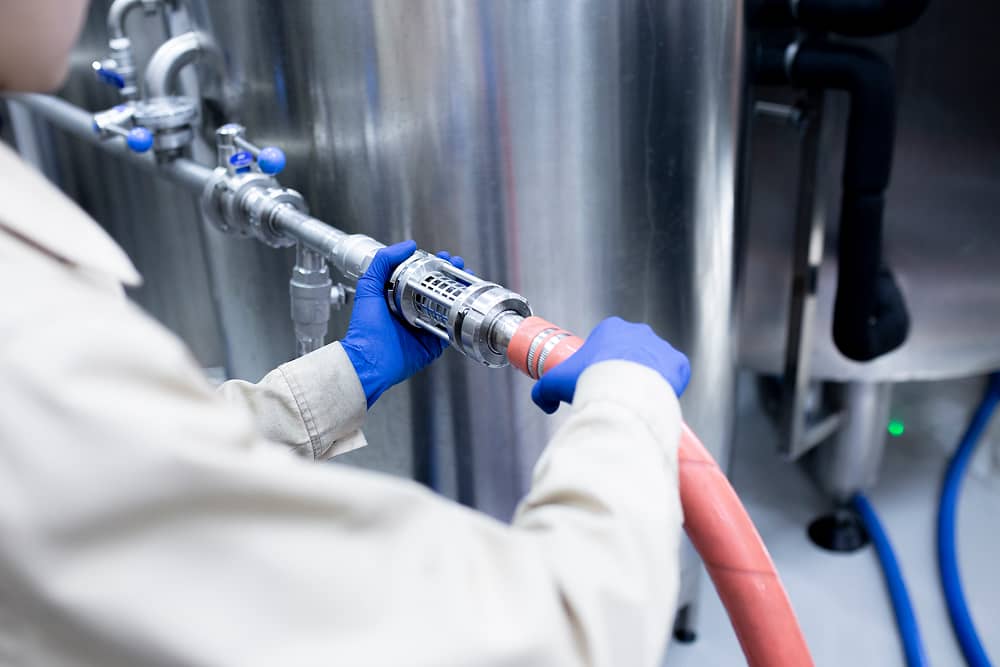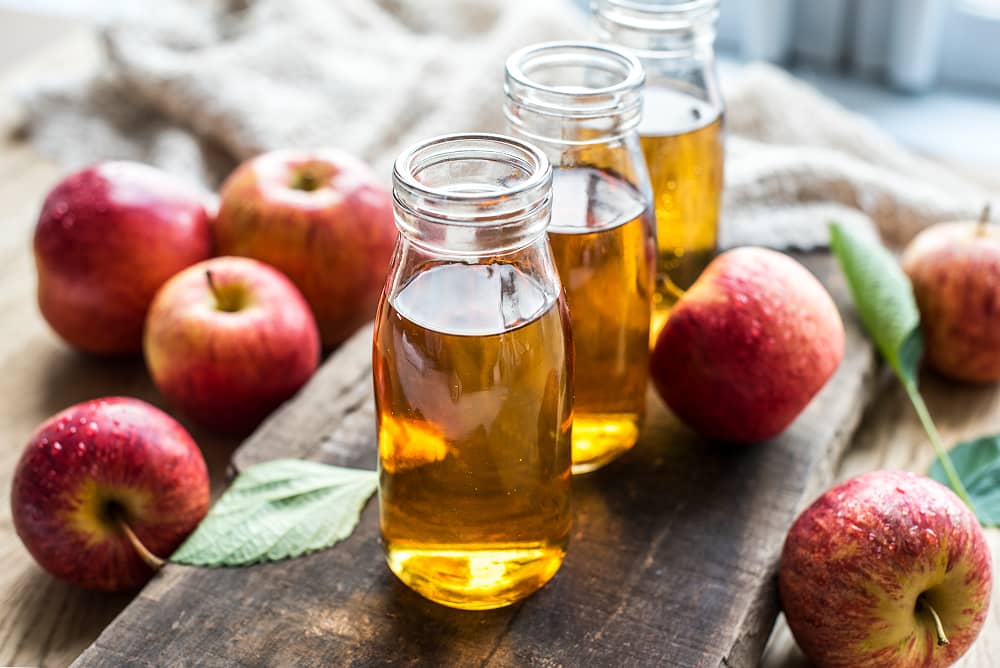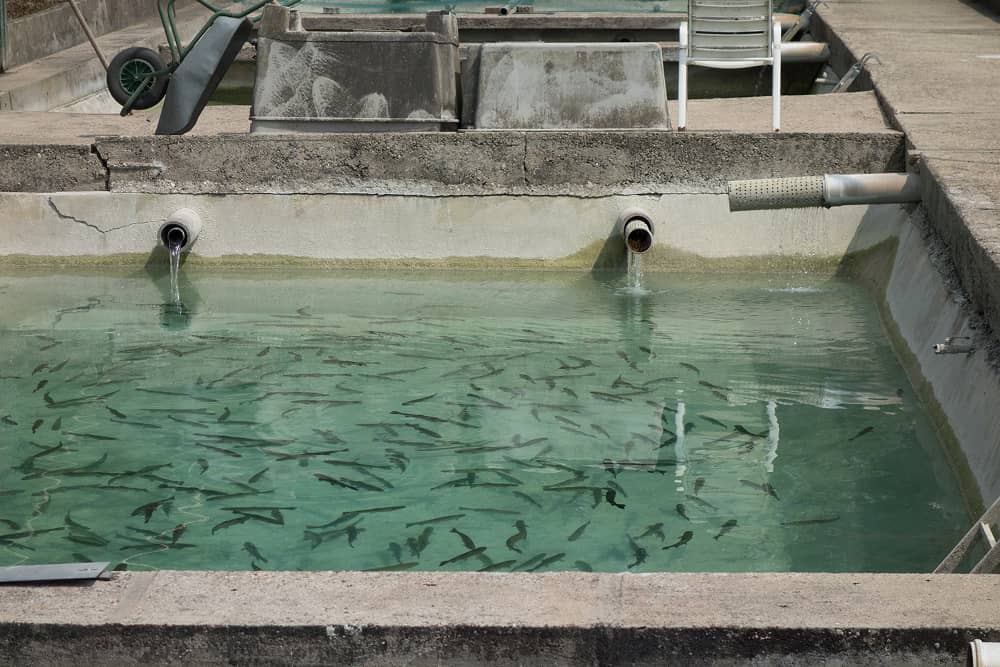Water Quality Challenges in Sustainable Agricultural Practices
Sustainable and organic farming operations face distinctive water quality challenges that can compromise their operational efficiency and core environmental commitments.
The Stewardship Challenge: Water Quality & Certification Requirements
- Organic Certification Constraints: Chemical treatments can jeopardize organic status and certification
- Multiple Contaminant Issues: Farm well water frequently contains iron, bacteria, sediment, and other pollutants
- Food Safety Compliance: Reliable bacterial elimination is essential for produce safety standards
- Staff Consumption Concerns: Potable water requirements for farm workers and visitors
- Product Quality Impact: Water quality directly affects crop appearance, flavour, and shelf life
Operational & Environmental Pressures in Farm Water Management
- Financial Sustainability: Expensive alternatives like bottled water and well cleaning services drain resources
- Chemical Reduction Commitment: Core sustainability values require minimizing chemical inputs
- Equipment Preservation: Iron and sediment damage to irrigation infrastructure increases maintenance costs
- Multiple Application Requirements: From crop irrigation to equipment cleaning, each use has distinct standards
- Sustainability Alignment: Water treatment must support broader environmental and social responsibility goals
These interconnected challenges create significant friction for sustainable producers striving to balance operational needs with environmental commitments.
Limitations of Traditional Agricultural Water Treatment
Traditional water solutions often fail to align with the comprehensive requirements of sustainable farming operations:
- Chemical Dependency: Conventional treatments rely on chemicals that conflict with organic standards
- Incomplete Contaminant Removal: Standard filtration leaves biological contaminants unaddressed
- Labour-intensive Management: Manual chlorination and other treatments require significant staff time
- Bottled Water Dependency: Reliance on bottled water creates plastic waste and unnecessary expenses
- Reactive Well Cleaning: Periodic professional well cleaning services are costly and disruptive
- Environmental Contradictions: Many treatments introduce chemicals that counteract sustainability goals
These approaches create a misalignment between water management practices and the core environmental values that define sustainable agriculture operations.
The Natural Solution: Ozone Water Treatment for Sustainable Farming
Sublime Environmental designs comprehensive ozone-based water treatment systems specifically engineered for the unique requirements of sustainable and organic farming operations.
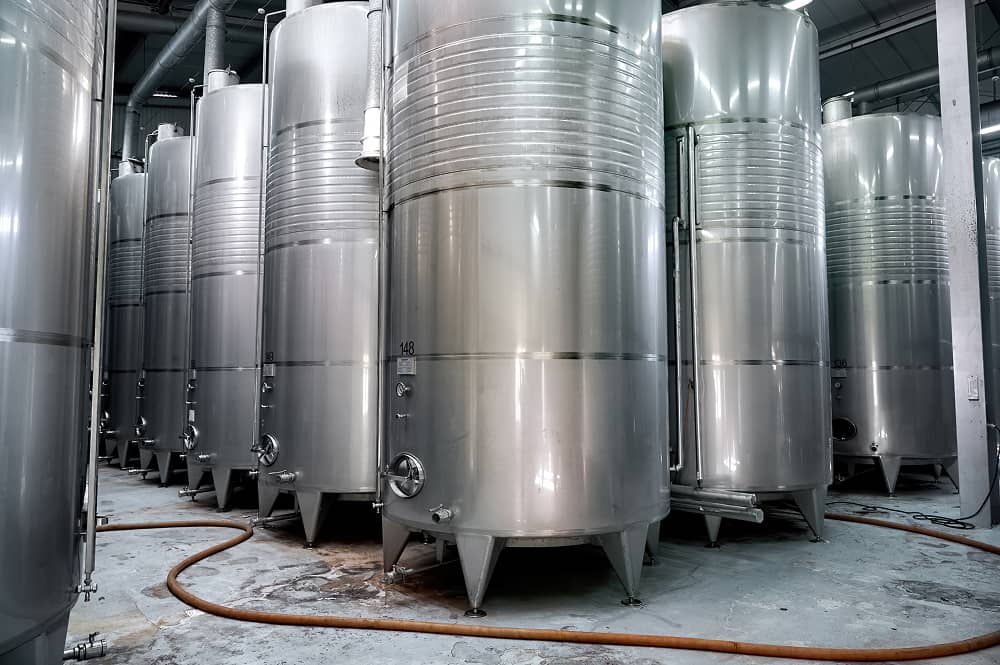
Agricultural Water System Specifications for Sustainable Operations
Our sustainable farm water treatment systems include advanced components designed for agricultural applications:
- Customized Flow Capacity: Systems sized to match well output (typically 15+ GPM for diverse farm needs)
- Precise Ozone Generation: 15+ gr/hr capacity for effective bacterial elimination and iron oxidation
- Advanced Filtration: Multi-stage filtration including specialized iron removal media
- Complete Bacterial Control: Advanced oxidation process chamber for pathogen elimination
- Integrated Monitoring: Automated control systems with alarm capabilities
- NSF-61 Certification: Components certified safe for agricultural applications
- Chemical-Free Operation: Process aligned with organic and sustainable farming principles
Water Treatment Implementation Process for Farm Applications
Our proven methodology ensures seamless integration with existing farm operations:
- Comprehensive Water Assessment: Detailed analysis of current water quality challenges
- System Design: Engineering a solution tailored to specific contaminant profile and flow requirements
- Strategic Installation: Implementation with minimal disruption to farm operations (typically 2-3 days)
- Staff Training: Straightforward instruction on system operation and basic monitoring
- Documentation Support: Provision of certification documentation for organic compliance
- Ongoing Verification: Regular water quality testing confirms treatment effectiveness
- Technical Support: Continued assistance ensuring optimal system performance
This systematic approach ensures sustainable farms receive optimized solutions addressing their water quality challenges while supporting broader environmental and operational goals.
Transformative Results for Agricultural Water Quality
Sustainable farms implementing our ozone water treatment systems consistently report significant improvements across multiple performance areas:
Enhanced Crop Outcomes Through Superior Water Treatment
- Extended Produce Shelf Life: Typically 2–3 additional days of freshness
- Improved Germination Rates: Enhanced seedling development and viability
- Superior Crop Health: Reduction in water-related stress factors
- Enhanced Product Quality: Improvements in appearance, flavour, and market value
- Reduced Crop Loss: Fewer rejections due to water-related quality issues
Operational Efficiency in Sustainable Water Management
- Significant Cost Savings: Elimination of bottled water expenses (typically $5,000+ annually)
- Reduced Maintenance: Avoidance of costly well cleaning services ($3,500+ every 2–3 years)
- Lower Labour Requirements: Automated operation eliminates manual treatment procedures
- Equipment Longevity: Extended lifespan of irrigation systems and water-using equipment
- Cost-Effective Treatment: Approximately 8 cents per 1,000 gallons treated
- Certification Protection: Chemical-free approach supporting organic certification standards
Environmental Benefits of Chemical-Free Water Treatment
- Plastic Waste Reduction: Elimination of bottled water consumption
- Transportation Impact Decrease: Reduced emissions from water deliveries
- Chemical Elimination: No treatment chemicals entering the soil or the watershed
- Sustainable Alignment: Water management is consistent with the environmental mission
- Resource Conservation: Efficient water utilization supporting conservation goals
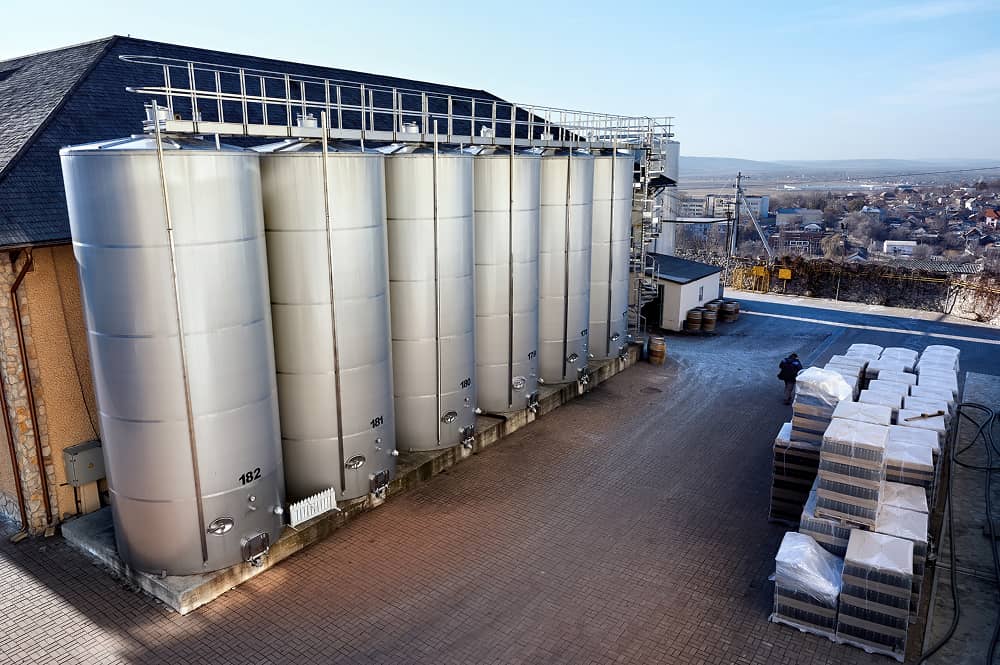
Case Study: Sustainable Agriculture Success Through Water Quality
A leading sustainable agriculture operation in Eastern Ontario implemented our ozone water treatment system to address significant water quality challenges while maintaining their organic certification. The 40-acre organic farm, which supplies premium produce to restaurants, farmers’ markets, and a 200-family CSA program, struggled with elevated iron levels (3.4 mg/L) and intermittent bacterial contamination in its well water. You can find additional examples in our Case Studies section.
The system delivered exceptional results:
- Complete elimination of bacterial contamination – Iron content reduction from 3.4 mg/L to 0.2 mg/L
- Annual savings of approximately $5,000 by eliminating bottled water purchases
- Elimination of $3,500 periodic well cleaning requirements
- Extended shelf life of harvested produce by up to 3 days
- Enhanced germination rates and overall crop health
- Maintenance of organic certification with documentation of chemical-free water treatment
“As an organic operation, we’ve always been searching for solutions that align with our principles while addressing practical challenges. The Sublime Environmental team understood our unique requirements and delivered a water treatment system that has transformed our operation. Beyond the obvious water quality improvements, we’ve seen extended shelf life of our produce, reduced maintenance issues, and significant cost savings. The system operates seamlessly in the background, requiring minimal attention while consistently delivering high-quality water for all our needs. It’s become an essential component of our sustainable farming infrastructure.”
– Farm operator and sustainability advocate at the leading sustainable agriculture operation.
FAQs About Agricultural Water Treatment
Q: How does ozone water treatment align with organic certification standards?
A: Ozone water treatment is accepted under major organic certification standards because it leaves no prohibited chemical residues. The agricultural water process uses only oxygen from the air to create ozone, which then reverts to oxygen after treatment. Unlike chemical alternatives, this approach maintains certification compliance while addressing water quality issues effectively. We provide appropriate documentation to support your organic certification inspections.
Q: What specific benefits does ozone provide for crop irrigation?
A: Ozone-treated irrigation water delivers multiple benefits for crop development. It reduces plant disease pressure by eliminating bacterial contamination. The oxidation process also breaks down complex organic compounds into forms more readily available to plants. The slight increase in dissolved oxygen levels also supports root development and nutrient uptake. Farms typically report improved germination rates, stronger plant development, and enhanced drought resistance when using ozone-treated irrigation water.
Q: How effective is ozone at removing iron from well water?
A: Ozone is exceptionally effective at addressing iron contamination through oxidation. The system efficiently converts dissolved ferrous iron (Fe²⁺) to ferric iron (Fe³⁺), which forms particles that are then removed by the integrated filtration system. In typical farm installations, we consistently reduce iron levels from well above the aesthetic objective (often 3-5 mg/L) to below 0.3 mg/L. This eliminates iron-related issues, including staining, equipment damage, and irrigation system clogging.
Q: What ongoing maintenance is required for sustainable farm installations?
A: Our farm groundwater systems are engineered for minimal maintenance requirements. Typical maintenance includes quarterly inspection of pre-filters, annual verification of ozone generator output, and periodic confirmation of proper function through water testing. Most farms report spending less than 30 minutes per month on system maintenance—significantly less time than previously required to manage manual treatment approaches or address problems caused by poor water quality.
Q: Can the system handle seasonal demand fluctuations typical in farming operations?
A: Our systems are designed to accommodate the variable water demand patterns common in agricultural settings. By incorporating flow-based activation and properly sized contact tanks, the system efficiently treats water at the rate it uses—from peak summer irrigation demands to minimal winter usage. The automated controls ensure consistent treatment regardless of flow rate variations, providing reliable water quality year-round without requiring seasonal adjustments.
Advance Your Farm’s Sustainability Through Superior Water Management
For sustainable farms committed to environmental leadership and premium product quality, ozone water treatment is one of the most impactful investments. By addressing multiple water quality challenges with a single, environmentally aligned solution, this technology helps farms enhance product quality while reducing costs and strengthening sustainability credentials.
Sublime Environmental specializes in designing custom agricultural water systems for sustainable operations, with solutions tailored to your specific growing focus, water quality challenges, and environmental commitments.
Learn more about how our chemical-free water treatment solutions can transform the effectiveness of your sustainable operation while supporting your environmental values.
At Sublime Environmental, we don’t just engineer water systems—we cultivate ecological harmony. Our passion for sustainable excellence drives us to create solutions honouring water’s inherent wisdom while nurturing your regenerative agricultural vision. Through innovative agricultural water and process water technologies, we empower conscious farmers to transcend conventional sustainability.
